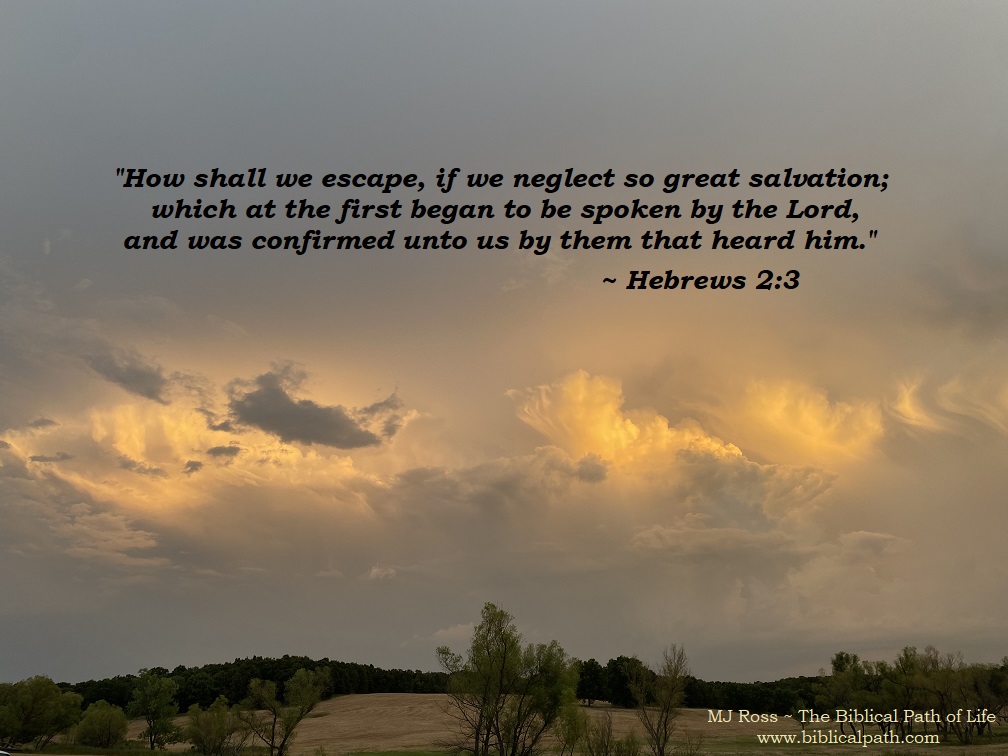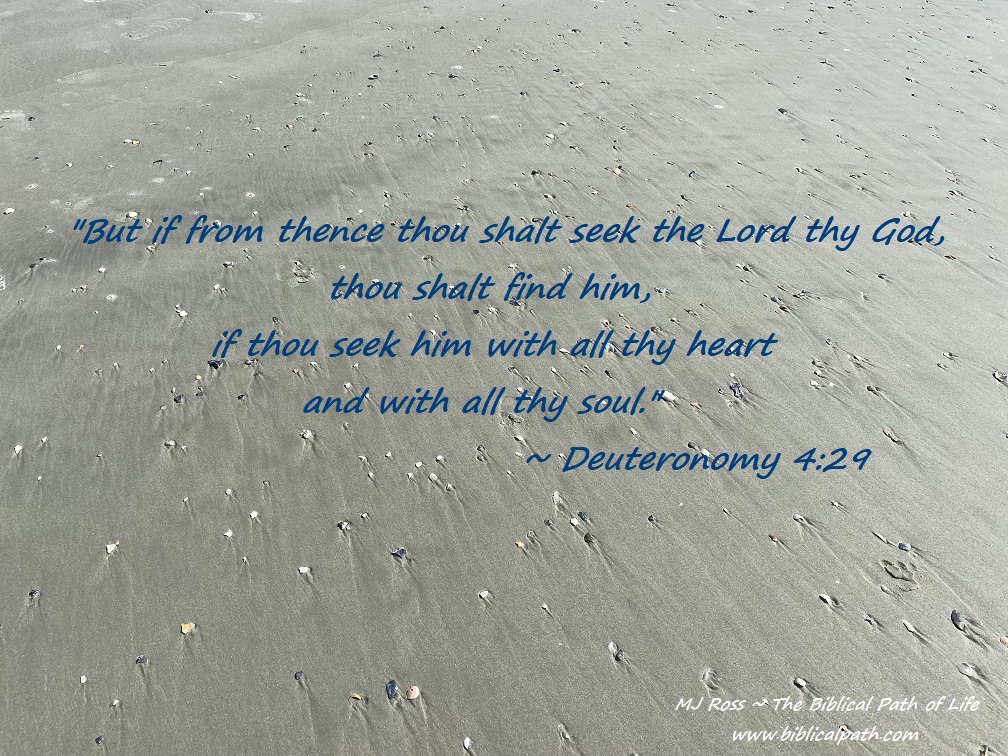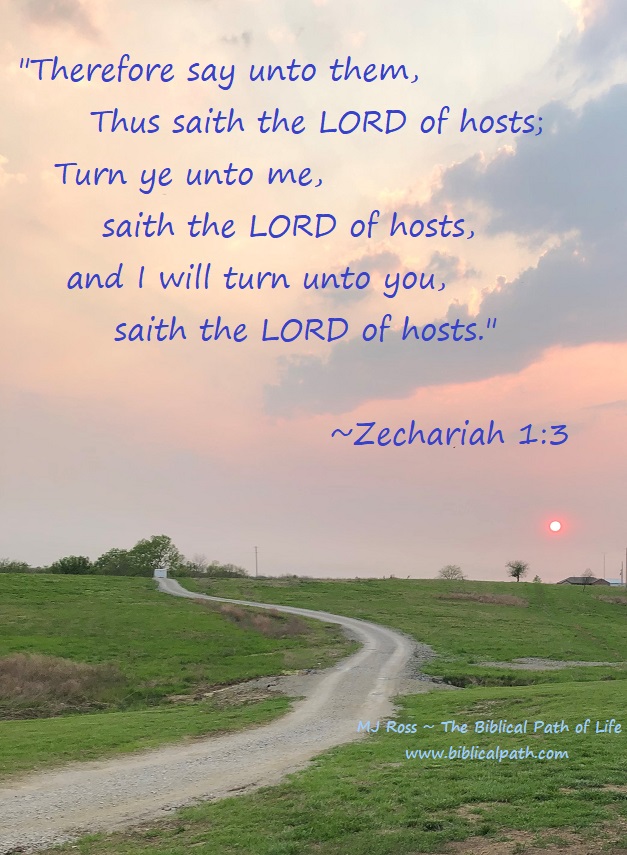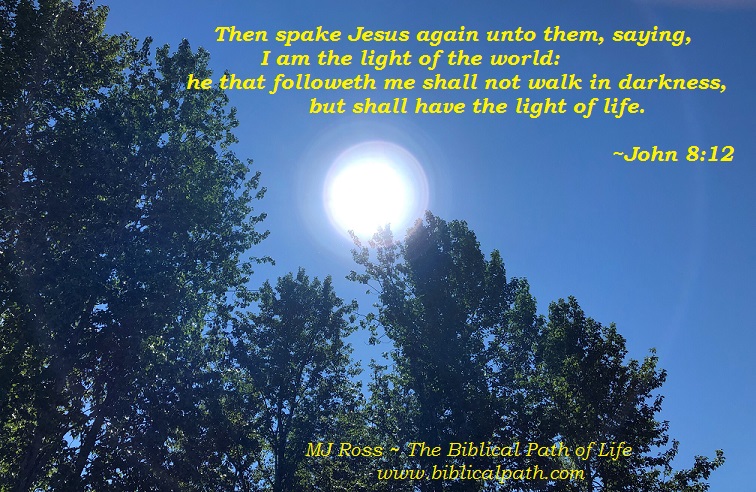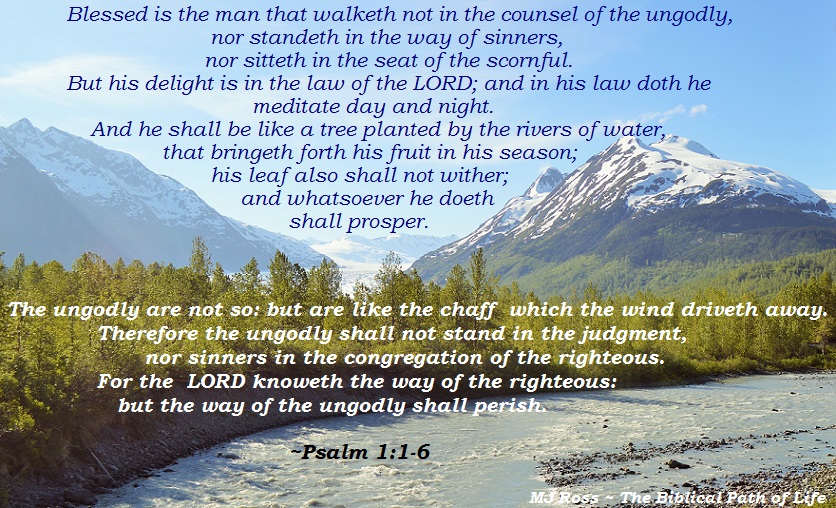
“The righteous cry, and the LORD heareth, and delivereth them out of all their troubles.”
Psalm 34:17
Have you ever wondered why God allows some things to happen? The world today seems to becoming overwhelmingly wicked. When Habakkuk did not understand what was going on in Judah – He asked God!
“The burden which Habakkuk the prophet did see” (Habakkuk 1:1). The first thing we can understand is that Habakkuk had a “burden”. Burden here means “a burden; a longing or yearning.” Many prophets had a burden. See in this verse means “a vision presented to the mind of a prophet; a revelation.” Habakkuk saw something that troubled him. Consequently, he took his trouble to God. “O LORD, how long shall I cry, and thou wilt not hear! even cry out unto thee of violence, and thou wilt not save!” (Habakkuk 1:2). Habakkuk saw God’s people living godless lives, lives in which God was greatly displeased. This sin became very overt to him, and it troubled him greatly. “3. Why dost thou shew me iniquity, and cause me to behold grievance? for spoiling and violence are before me: and there are that raise up strife and contention. 4. Therefore the law is slacked, and judgment doth never go forth: for the wicked doth compass about the righteous; therefore wrong judgment proceedeth” (Habakkuk 1:3-4). Habakkuk did not understand how God could allow this iniquity to continue. See the following to help understand some words from this verse to grasp why Habakkuk was so troubled:
- iniquity: vainness, falseness, idolatry, wickedness; the word focuses on the planning and expression of deception – it also pointed to the consequences of that sin; this is a major Hebrew word for sin;
- grievance: trouble, misery, distress, sorrow
- spoiling: oppression of the weak; havoc; destruction; mainly refers to social injustices
- violence: wickedness, wrong, unrighteous gain; also remember that man’s violence was one of the main reasons for the flood (see Genesis 6:11 & 13)
- strife: to quarrel, to contest (personal or legal); contention; controversy; disputes
- contention: brawling; strife; discord
Can you better understand why Habakkuk was disturbed over what he was seeing in his world? Remember that it was this kind of living that caused God to decide to destroy the world by flood which we can read about in Genesis. “11. The earth also was corrupt before God, and the earth was filled with violence. 12. And God looked upon the earth, and, behold, it was corrupt; for all flesh had corrupted his way upon the earth. 13. And God said unto Noah, The end of all flesh is come before me; for the earth is filled with violence through them; and, behold, I will destroy them with the earth” (Genesis 6:11-13).
Can you better understand why Habakkuk was so very troubled?
It is important to understand that God sees His people and hears their troubles. Read the following verse from Psalms that David wrote to help a little in the understanding of this concept. “The righteous cry, and the LORD heareth, and delivereth them out of all their troubles” (Psalm 34:17).
Just as Habakkuk was frustrated seeing all of the wickedness in the land, we can think of others in the Bible who seemed to feel that way. Think of Lot, from the cities of Sodom and Gomorrah. “7. And delivered just Lot, vexed with the filthy conversation of the wicked: 8. (For that righteous man dwelling among them, in seeing and hearing, vexed his righteous soul from day to day with their unlawful deeds)” (2 Peter 2:7-8).
Remember a warning recorded in the Psalms. “2. But as for me, my feet were almost gone; my steps had well nigh slipped. 3. For I was envious at the foolish, when I saw the prosperity of the wicked” (Psalm 73:2-3). The writer was becoming envious of sinners who prospered, without any apparent judgment (see Psalm 73:4-15). It seemed as if they were getting away with their sin. However, read what he discovered: “16. When I thought to know this, it was too painful for me; 17. Until I went into the sanctuary of God; then understood I their end. 18. Surely thou didst set them in slippery places: thou castedst them down into destruction. 19. How are they brought into desolation, as in a moment! they are utterly consumed with terrors” (Psalm 73:16-19). Remember something we should have learned. God sees all, and your sin will find you out! “But if ye will not do so, behold, ye have sinned against the LORD: and be sure your sin will find you out” (Numbers 32:23).
God saw. God knew. God had a plan. (See Habakkuk 1:5-6).
God told Habakkuk to look among the heathen (Israel’s enemies). Habakkuk was to get ready for God to do a mighty work among His people – one that would be almost impossible to believe. And God did just what He said He would do. Habakkuk had nothing to fear, God was in control.
Remember what David learned. “The LORD is my light and my salvation; whom shall I fear? the LORD is the strength of my life; of whom shall I be afraid?” (Psalm 27:1). When God is in control, there is nothing to be feared.
So today, when you become discouraged at the wicked world in which we live, remember that God sees, and He has a plan. When Habakkuk did not understand, he trusted God.
Have you learned to trust in God and not be afraid of the wickedness in the world that you see?
